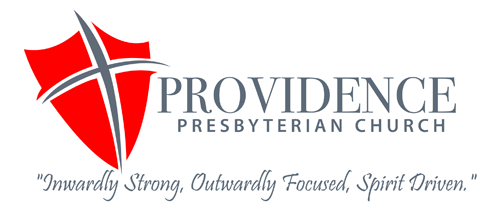About the EPC
Our name describes us well. The EPC is both evangelical and Presbyterian. We are evangelical in our zeal for the gospel, as well as evangelism, missions, and living obediently as followers of Jesus. At the same time, we are rooted deeply in the Protestant Reformation and especially the theological and pastoral work of John Calvin. We embrace the Westminster Confession of Faith as our doctrinal standard, and the rule of spiritually mature elders linked together regionally as the best way to guide local congregations.
When the EPC started in 1981, we determined that we would not disagree on the basic essentials of the Christian faith, but on anything that was not essential—such as the issue of ordaining women as officers or practicing charismatic gifts—we would give each other liberty. Above all, we committed ourselves to loving each other and not engaging in quarrels and strife. The result is that when we get together in our regional and national meetings, we spend most of our time in worship and fellowship and almost none in arguing with each other.
The EPC consists of more than 600 churches with approximately 145,000 members. We have a world missions program with a priority on sending missionaries to unreached people groups. We are eager to plant churches across the United States and especially in urban communities and college towns. Our desire is that every one of our congregations will be an outpost of the Kingdom, with every member viewing himself or herself as a missionary on a mission.
Our Mission
The EPC exists to carry out the Great Commission of Jesus as a denomination of Presbyterian, Reformed, Evangelical, and Missional congregations
Our Vision
To the glory of God, the EPC family aspires to embody and proclaim Jesus’ love as a global movement of congregations engaged together in God’s mission through transformation, multiplication, and effective biblical leadership.
Our Beliefs
The Constitution of the EPC consists of the Westminster Confession of Faith (including the Larger and Shorter Catechisms), the “Essentials of our Faith,” and the Book of Order (comprised of The Book of Government, The Book of Discipline, and The Book of Worship). Of these, we have one confessional standard: the Westminster Confession of Faith and Catechisms. All these documents are subordinate to Scripture, which is “the supreme and final authority on all matters on which it speaks.”From the beginning, we have been a movement of congregations that takes seriously the Bible, the theology of the historic confessions of the faith, and the evangelical fervor of the founders of American Presbyterianism. We envision our local churches to be evangelical and Presbyterian; hence our name. We affirm that the Bible is God’s inspired and infallible Word, and that it contains eternal truth that speaks with authority to our life, doctrine, and mission (2 Timothy 3:16). To ensure that the ideals of faith are easily understood but remain foundational, our core belief is contained in a concise list of essentials. We are Reformed in our understanding of the Bible, which means we aim to be confessional.
Click here for a synopsis of the EPC’s statements on Scripture as recorded in our governing documents
Our Structure
The local church is the primary building block in the EPC. We believe ministry and mission begins with the local church. As Presbyterians, our churches intentionally connect and engage together on a regional basis. We believe that we can better fulfill the mission of God by supporting, helping, and being accountable to each other. Finally, we are committed to an overarching authority called the General Assembly that meets annually and assigns responsibilities to committees, ministries, and dedicated staff to serve the needs of the local church. The ongoing work of the EPC is carried out by the Office of the General Assembly and staff of each ministry.
